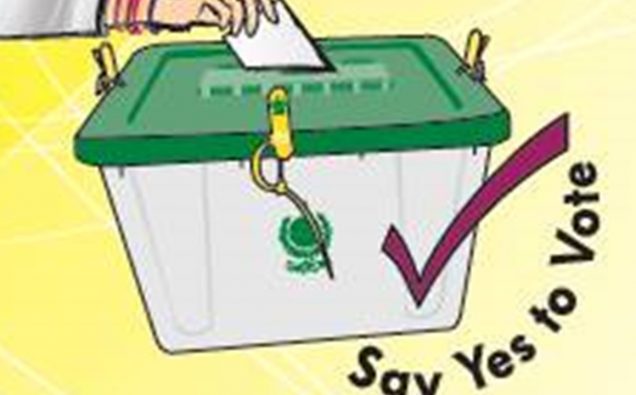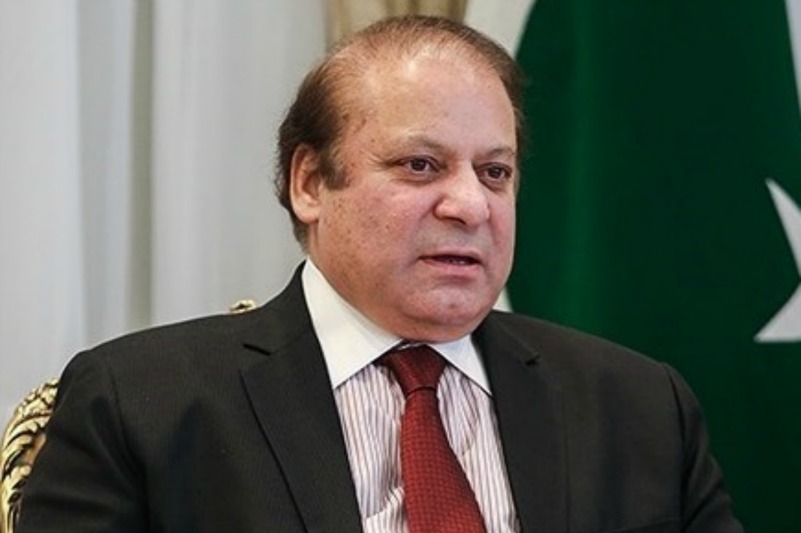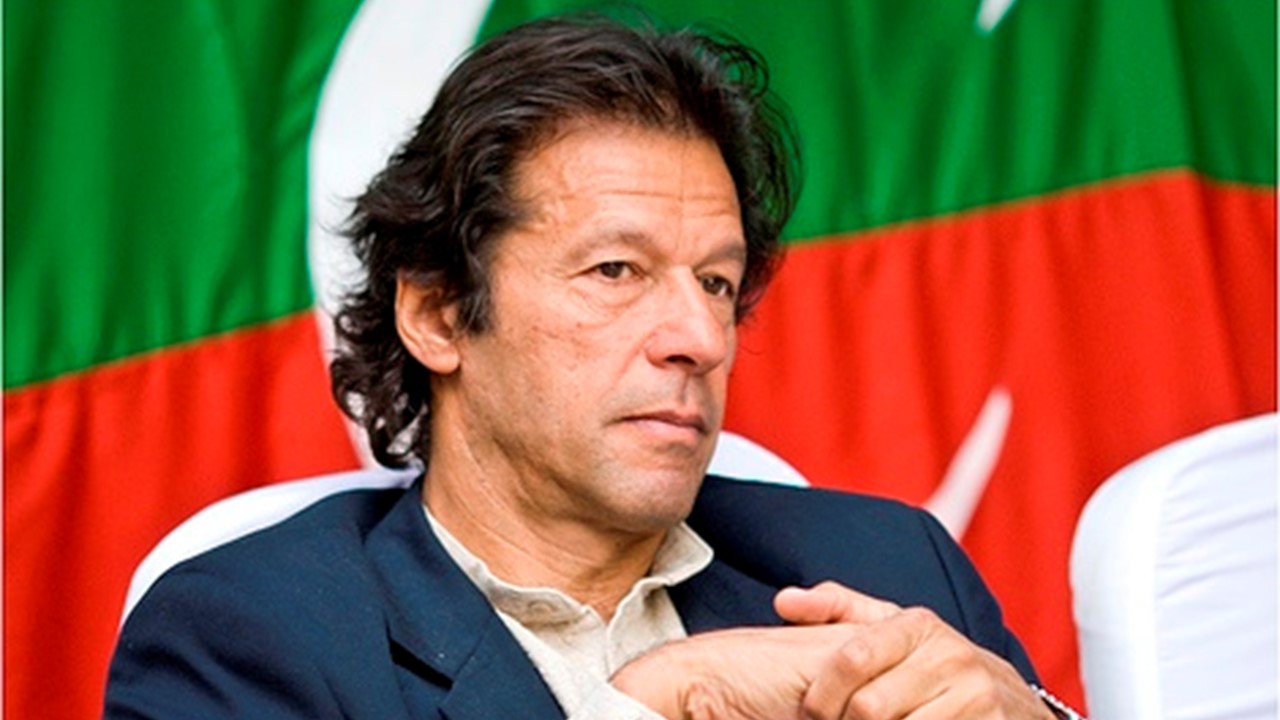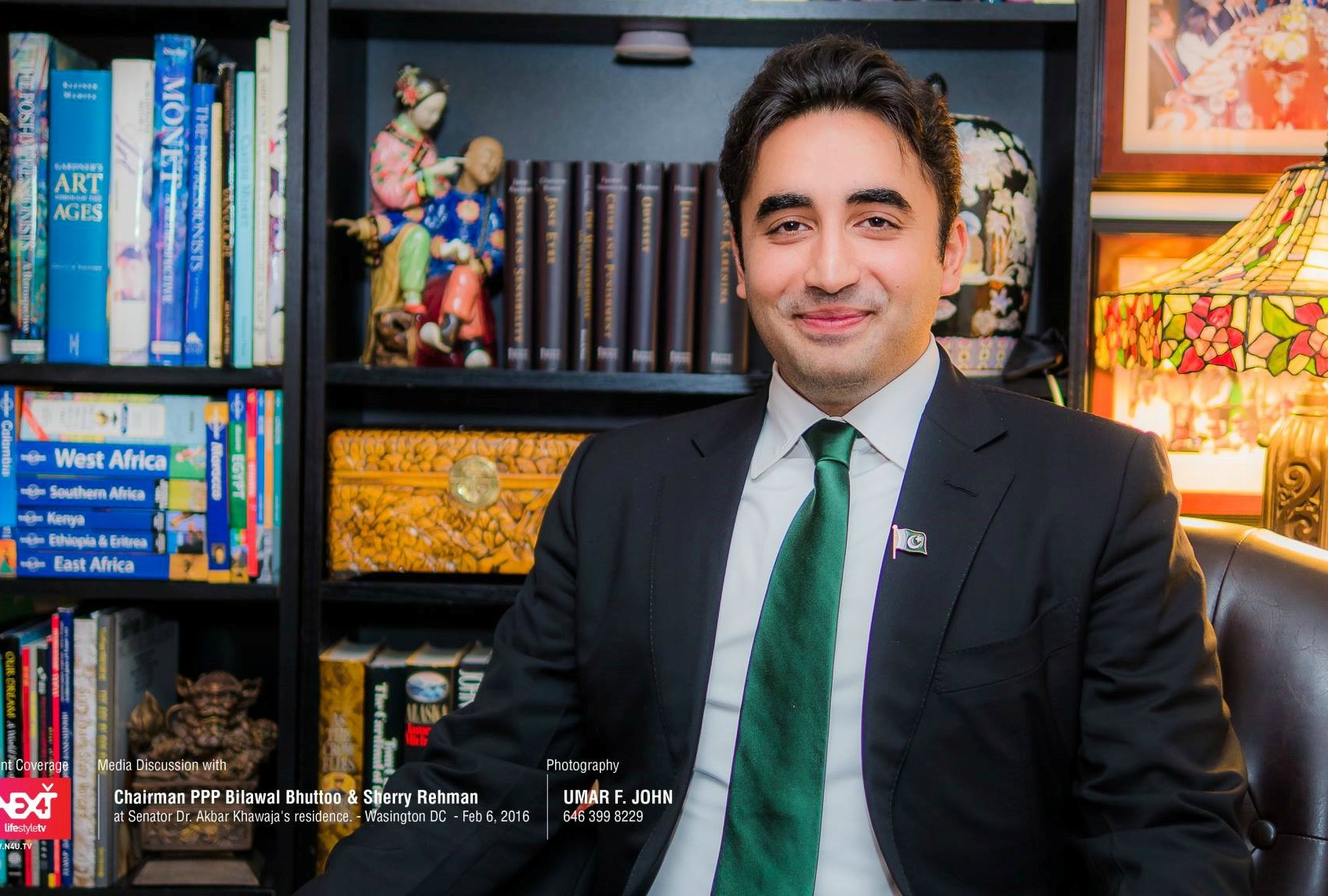
While powerful dynasties in Pakistan appear to be running out of steam, they still wield a huge influence over the country’s evolving political landscape.
The July 25 election marks a rare emergence of a relatively new political force – PTI – as both PML(N) and PPP that have been the biggest parties since late 1980s face growing scrutiny from the masses and court.
Pakistan Tehreek-e-Insaaf leader Imran Khan’s slogan of “Naya” Pakistan (New Pakistan) has attracted previously undecided and uninterested voters and brought a new generation of activists and followers into the mainstream.
Yet, his party has many faces from among “electable” candidates and some representatives of political dynasties.
But none of them represents the powerful dynasties as do Nawaz Sharif – jailed former prime minister and formerly longtime head of Pakistan Muslim League (N) and Asif Ali Zardari, former president with a spate of corruption scandals and his untested son Bilawal Bhutto Zardari.
Sharif never outgrew his old style of distrusting everyone outside of his kitchen cabinet – made up of mostly people and representatives of groups with Jammu and Kashmir affiliation and Punjabi ancestry. During his four years at the helm after 2013 election, Sharif showed no recognition of talent and experts outside of his close circle of aides. He intentionally kept national institutions under ad hoc leaders, and for a long time did not have a fully empowered foreign minister.
His inner circle revolves around his brother – Shahbaz Sharif – who has forever been chief minister of the largest and most influential Punjab province. In recent years, Sharif allowed only his daughter Maryam Nawaz to be the heir and face of PML(N) party.
Asif Ali Zardari, a shrewd street-smart politician, has downsized the once popular PPP, keeping his son, Bilawal under his wings and entrusting his sister Faryal Talpur, formerly mayor of Nawabshah and member National Assembly for two terms, with huge powers.
She assumed much political clout when she became legal guardian of Asift Zardari and Benazir Bhutton’s three children after the assassination of their mother in a bomb attack in December 2007.
The release of WikiLeaaks a few years ago revealed that in 2009, when he was president the country, Zardari had told his son Bilawal if anything happens to him (Zardari), Faryal Talpur, (Zardari’s sister) should be made president of the country.
Both the PML(N) and PPP have clearly confined power to their families in the hope of advancing their dynastic politics.
But things have changed drastically in the last few years since the 2013 election, the second democratic poll that also marked a peaceful constitutional transfer of power to the elected government.
The proliferation of social media, Imran Khan’s campaign against the Sharifs and court convictions finding Sharifs culpable in hiding their wealth offshore, coupled with the PPP’s poor showing in Sindh, the second largest province and seat of power for the party, as well as the two parties’ nepotism bordering tribalism, have hit them hard. Even Sharifs’ better economic development performance in Punjab has failed to dent the scars of corruption and family’s incessant power obsession.
Despite the fact that Zulfiqar Ali Bhutto and Benazir Bhutto were popular among the masses, the PPP under Zardari has alienated its supporters in Punjab and Khyber Pakhtunkhwa.
In both provinces, Imran Khan, at the same time, has won wider support on the promise of socioeconomic justice for the ignored masses and on the basis of his charity cancer hospital and educational projects.
If the Khan from Lahore – stronghold of Sharifs – wins the election, it will not be an easy task for him to build a new Pakistan. Replacing dynastic political governance with genuine participatory representation of the people will demand some high-stakes steps – respect for merit, inclusiveness, unity of provinces, equality of all citizens and minority communities and all other traits that make an egalitarian society. Nothing less than a practical display of genuine democracy.
The future of the two political families, Sharifs and Bhutto Zardaris, is at stake in the July 25 election.
The immediate example that springs to mind, though in a vastly different setting and system, is U.S. President Donald Trump’s demolition of the Clintons and Bushes in the 2016 election.
In Pakistan’s environment, families and clans’ tribal like thinking stems from a deep sense of insecurity as governance has never provided the aggrieved and the disadvantaged a fair recourse to justice. Therefore, the tribal rule of “winner takes all” seems to be alright and a fair game to politicians. But for the masses, such power grabs and games have only prolonged their nightmare of socioeconomic injustice.
The PML(N) and PPP have been alternately in power since late 1980s – except General Musharraf’s eight year rule – and today poverty in Pakistan is estimated to have increased, basic development facilities remain woefully inadequate, merit and justice remain casualties that exact a heavy price on the poor and the lower middle class. Meanwhile, military’s interference has also hurt the development of democracy.
The election this Wednesday may sound like a contest “Naya” Pakistan vs powerful political families, but governance after the election will test Imran Khan’s mettle and leadership. The question of the moment is if he is earnestly prepared for that?




















